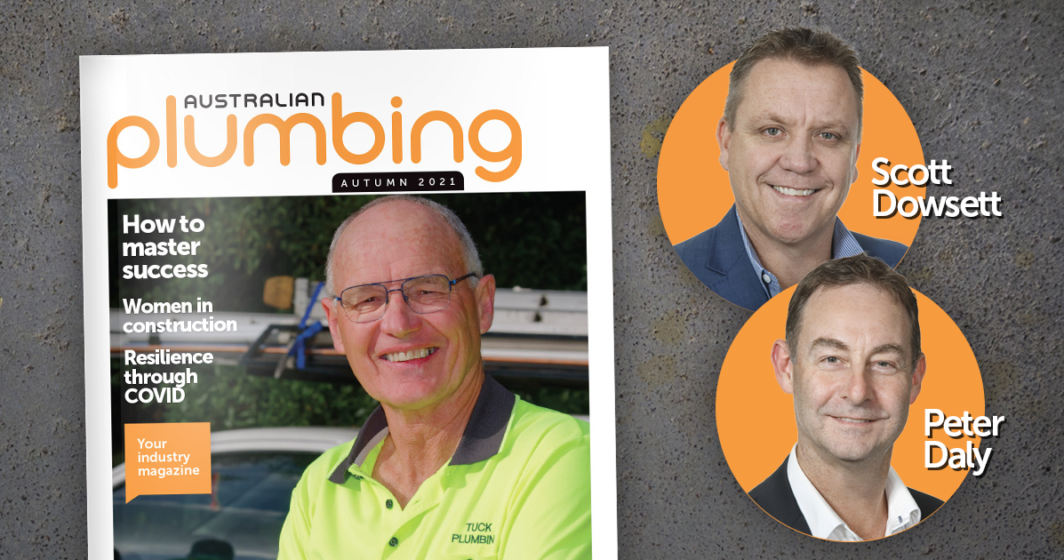At a national level, development of legislation to amend the Mutual Recognition Act 1992 by the Prime Minister’s Deregulation Taskforce is underway. This seeks to allow workers to cross borders with an automatic right to work in another jurisdiction without the need to inform or report to that regulator and applies to a wide range of industries.
When applied to the plumbing industry, the concept is supported in principle but there remain significant questions about how it is to be implemented without compromising the high standards for public safety in Victoria, which the industry has fought hard to retain. Master Plumbers believes that a workable scheme can be developed for registered plumbers but applying automatic recognition at the licensed (contractor) level is a lot more complex. Where there is like-for-like comparability between both the scope of registered work and the composition of competencies which comprise the prerequisites for registration, automatic mutual recognition of plumbers is both sensible and achievable if they are working for a licensed contractor in that jurisdiction. This would cover around 80 percent of general plumbing work in the industry in a relatively short time, with a genuine collaborative effort needed between government and industry to map a way forward for contractor and specialised licence classes.
It appears that some in the Victorian Government bureaucracy have placed one of our most highly efficient and abundant energy sources in the ideological bad books, with not-so-subtle legislative moves to remove or discourage the use of gas (and gas boosted) appliances in favour of electric heating. There is no doubt that sustainably-generated electricity (such as local photovoltaic installation) has an increasingly important role as an energy source for heating, especially when combined with battery electricity storage. But when it comes to sustainable energy mix, we should not overlook the extensive reticulated gas infrastructure network already in place which can be utilised by the rapidly advancing hydrogen technologies. This storage and distribution network - effectively a hydrogen energy ‘battery’ that dwarfs any conceivable electric battery - must not be overlooked and discarded in the same way we ripped up and built over rail lines, which were sorely needed decades later. Through our close partnership with the Plumbing Industry Climate Action Centre (PICAC), which is establishing a $20 million Hydrogen Centre of Excellence in Queensland, Master Plumbers will ensure that all options are considered as part of a sustainable and affordable future energy mix.
We are also advocating that a rational and thoughtful approach is taken to several areas related to Type A appliance servicing, with a continued strong push for Victorian adoption in full of AS4575 (servicing standard) and plans under consideration by Government for the regulatory phase-out of open-flued gas appliances. On the insurance front, several reviews are in progress. Master Plumbers continues to advocate that the Victorian Government must address critical discrepancies between the Ministerial Order (Licensed Plumber General Insurance Order) and the Building Act. Plumbers remain potentially liable under the Building Act for 10 years following completion of works, but their Certificate of Currency insurance only covers the first six years.
To round off the policy agenda under consideration, we expect a Regulatory Impact Statement for Continuing Professional Development in plumbing to be developed over coming months. As members would be aware, Master Plumbers has an extensive CPD program underway with almost 2,000 now participating. This experience means we are well-placed to provide credible and authoritative input to the process on behalf of members and the broader industry.
Scott Dowsett – President, Master Plumbers
Peter Daly – CEO, Master Plumbers

